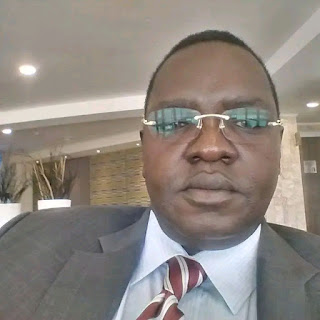SPLM Reaffirms Commitment to Peace, Unity, and Democratic Transition in Christmas Message


 |
| File: Central Bank Governor, Mr. Johnny Ohisa Damian. |
Top Trending News Today:
All the poorly underperforming commercial banks will be shut down by the Central Bank of South Sudan 'BoSS'.
Central Bank Governor Mr. Johnny Ohisa Damian appeared before the Transitional National Legislative Assembly 'TNLA' on Monday, The central Governor said that, all the commercial banks are not well funded.
“The licensing is done by the Central Bank and there are of course regulations to govern the licensing of commercial banks,” Ohisa said.
Mr. Ohisa further said that, most of the local commerical Banks are very weak and undercapitalized.
“However, most of our banks or let me say most of our local banks are really weak in a sense that they are undercapitalized, they are not performing.” Ohisa said.
Mr. Ohisa gave his recommendations suggesting that, the government should establish three National Commercial Banks with outlets all over the country instead of the many under-performing commercial banks.
“Now we are working on financial sector reforms and by that we mean it will lead us to take tough decisions to the extent that we will have to close some of the banks that are not working,” he said. “If I can have 3 local banks that are big and can have branches all over the country, it is better than having 14, 15, or 20 banks that are not capitalized.” Ohisa suggests.
Finally Mr. Ohisa said that, after independence many people open banks without proper documentation and proper structures.
“When we encouraged local people to open banks after independence, everybody with money went and opened bank disregarding the fact that commercial banks require a lot of preparations and a lot of governance issues to be instituted,” Ohisa said.
“We now have commercial banks, especially local banks, which do not even have a board of governors. The chairman and the owner are everything and he can take loans at any time he wants and that is why a lot of commercial banks are suffering.” Ohisa said.
There are only 12 licensed and operating Commercial Banks operating in South Sudan currently.
Comments
Post a Comment